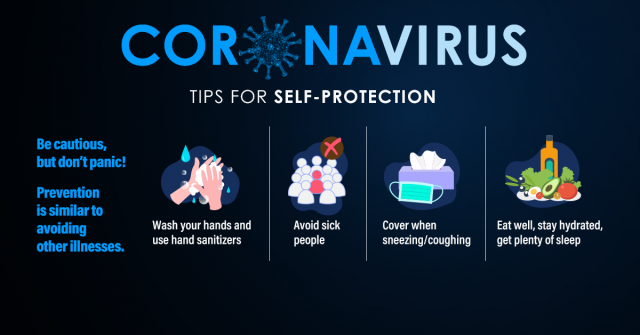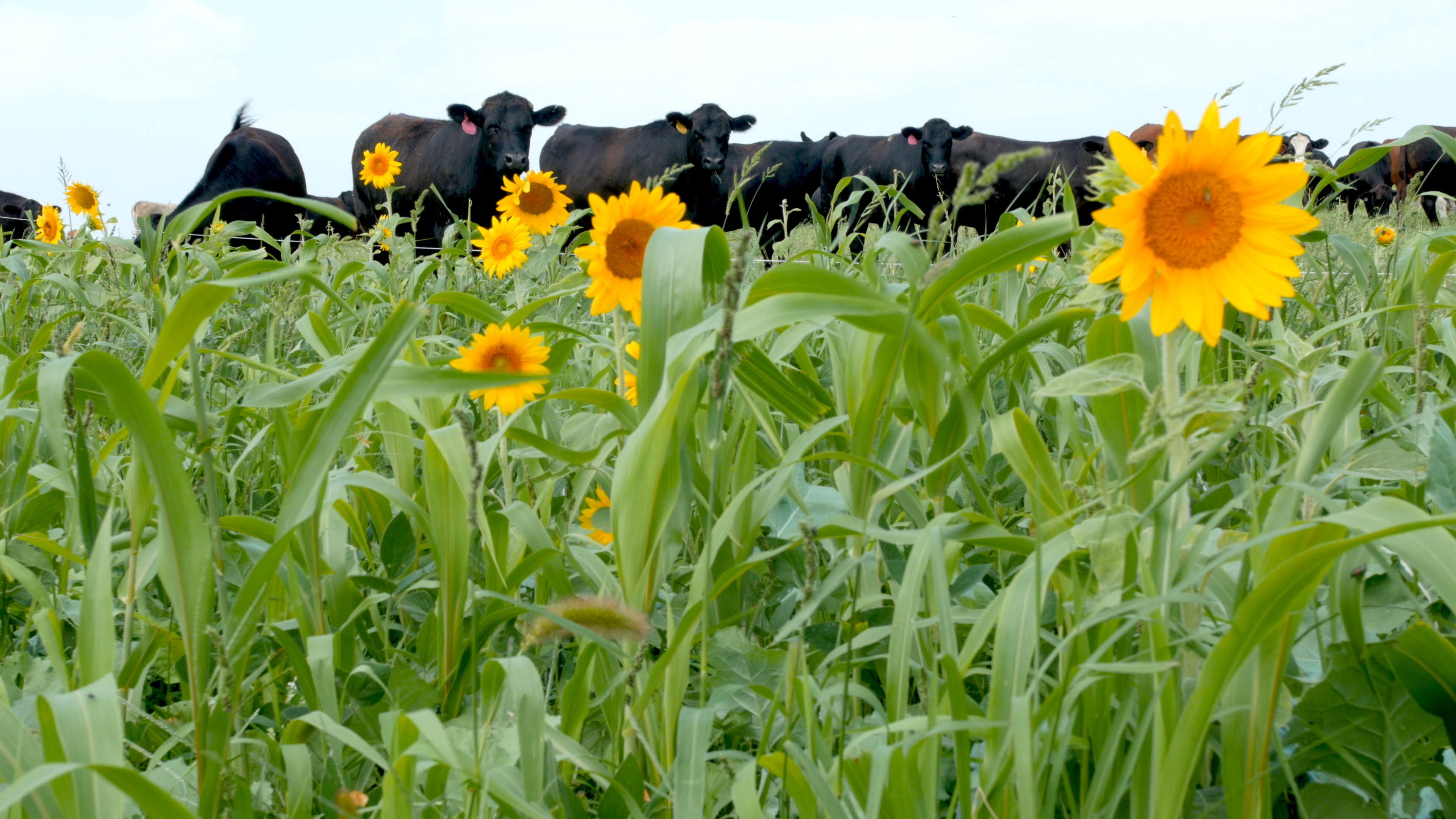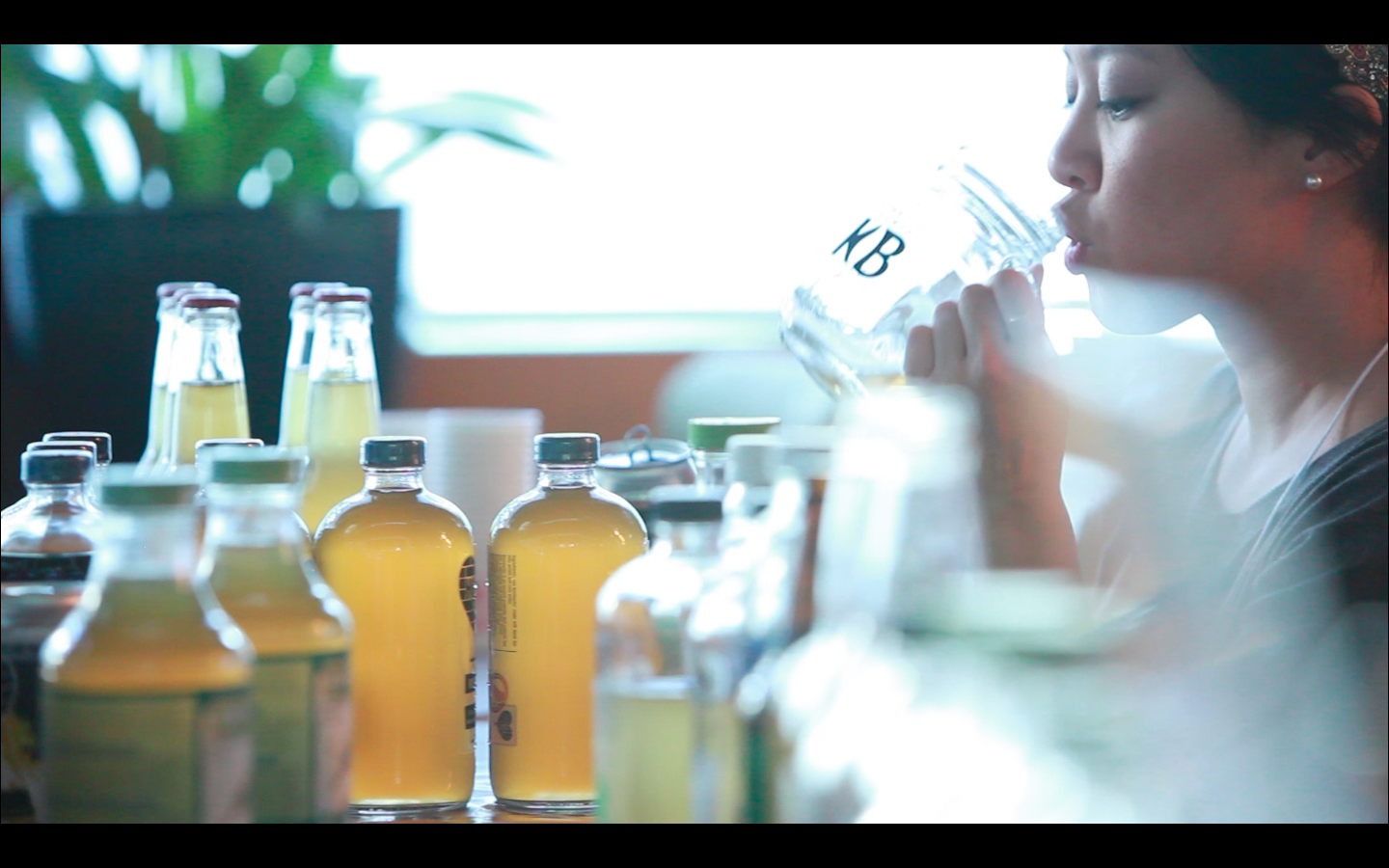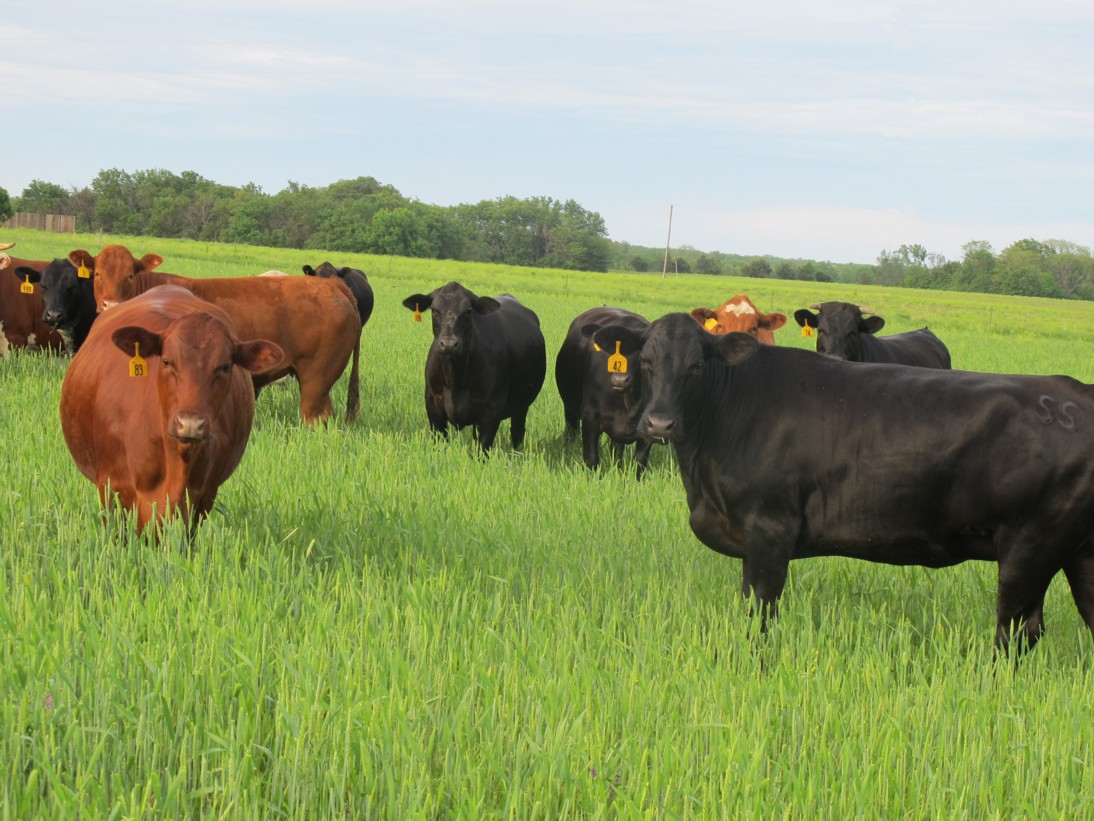After a long-awaited decision in the state legislature, California is finally joining 20 other states that have legalized the sale of CBD in dietary supplements, foods, beverages and cosmetics under AB45.
Non-Californians may assume that it was already legal in California, since recreational THC has been legal in the state since 2016. CBD has also become legalized in states which are generally thought of as less cannabis-friendly than California. However, CBD has existed in legal limbo in California until now.
What is CBD?
CBD stands for cannabidiol, which is a naturally-occurring chemical compound found in hemp and marijuana plants. Unlike THC, it is non-intoxicating.
What does CBD legalization mean for kombucha brewers?
Due to the legal gray area that exists regarding CBD, it has already been found in baked goods, water, coffee, supplements, lip balm, and countless other consumables for years. Even some kombucha brands such as GT’s have adopted CBD into their flavor repertoire.
Now that the law has taken effect, more brands will be able to confidently produce and market CBD kombucha in grocery stores and cafes throughout California. It is only a matter of time before we see CBD-infused kombucha becoming much more prevalent on shelves.
Is the delta-8 strain legal in California?
The delta-8 strain of cannabis is excluded from the legalization of CBD sales under AB45, and the Department of Public Health also has the authority to restrict other cannabinoids based on their intoxicating effect. Likewise, the details behind how CBD products will be regulated and taxed are yet to come. This is expected to take several months.
The background on the legalization of CBD in California
Although recreational THC has been legal in California since 2016, CBD lagged behind until now. The Farm Bill of 2018 removed CBD from the definition of marijuana in the Controlled Substance Act, however it’s still restricted under the FD&C Act for the use of supplements and food additives. Still, most states have declared CBD legal in varying degrees, many allowing for its use in food and supplements. In some cases, CBD laws are simply not being enforced. The reason why California’s CBD policy trailed their THC policy is unknown, but some speculate that marijuana growers lobbied against it. Another challenge is the fact that any molecule that has been researched as a drug by the FDA cannot be used as a dietary supplement, and CBD has been researched and approved by the FDA in the drug Epidiolex for the treatment of seizures. Although CBD regulation remains unclear on a national level, the passage of AB45 removes much of the risk of selling CBD products in California.
Where can I learn more about cannabis kombucha?
Kombucha Brewers International hosts an annual conference, called KombuchaKon, dedicated to commercial Kombucha brewing and cannabis has been a hot topic in recent years. For more information on how to properly label your kombucha, check out the Kombucha Code of Practice.







